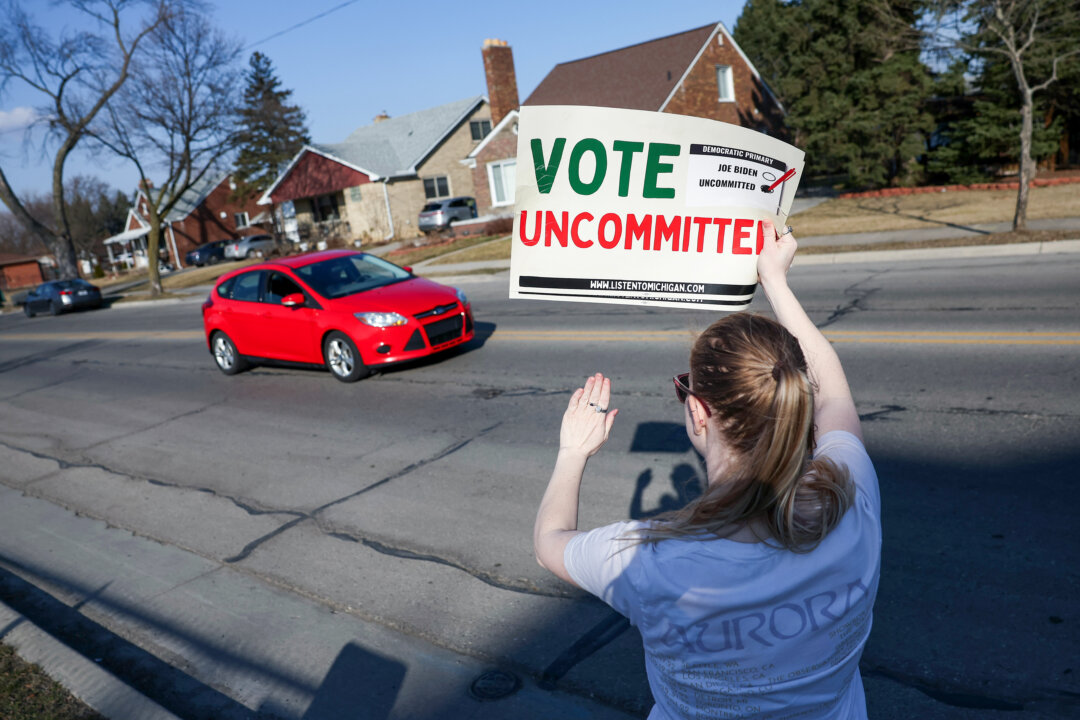
Colorado's second-highest court ruled earlier this month that law firms may prohibit their attorneys from attempting to lure away coworkers while they remain employed at the firm. The rules of professional conduct for attorneys prohibit any agreement that restricts a lawyer's right to practice after they leave a firm. Earlier this year, the state Supreme Court decided that firms violate the rule if they impose a flat financial penalty on lawyers who take clients with them when they change jobs.
But no Colorado court decision had ever addressed whether firms similarly restrict their attorneys' practice of law by forbidding them from soliciting colleagues to depart with them. A three-judge panel for the Court of Appeals concluded the prohibition was valid, as it did not impair attorney Ivy Ngo from practicing law elsewhere. "Nothing in the provision prevented Ngo’s fellow employees, upon learning of her impending departure, from expressing their own interest in joining her," wrote Judge Ted C.

Tow III in the Sept. 5 opinion . After she left, "Ngo would be free to recruit her former coworkers to join her at her new firm, allowing her to build the team she sought.
" Decided: September 5, 2024 Jurisdiction: Denver Ruling: 3-0 Judges: Ted C. Tow III (author) Christina F. Gomez W.
Eric Kuhn Background: Colorado Supreme Court draws line on financial penalties for firm-switching lawyers Ngo worked for Franklin D. Azar & Associates as the head of the class action department. In late 2019, she prepared to change firms and planned to bring others in her department with her.
She compiled a slide presentation as a pitch and sent it to other law firms. Ngo also transmitted a document with confidential information about some of Azar's cases. Once the Azar firm learned of Ngo's plans, it fired her.
It would later send letters to the other firms asking for a return of the case information. Azar sued Ngo for breach of contract based on an agreement she had signed not to disclose confidential information and not to "solicit or induce any employee" to leave the company during her employment and for 12 months afterward. Ngo counter-sued for defamation based on statements the firm made in communications about her.
After a 2022 trial in Denver District Court, jurors awarded the Azar firm $4,000. A judge also awarded the firm nearly $1.2 million in attorney fees and costs.
Ngo appealed the decision, arguing Azar's prohibition on soliciting employees to leave the firm was unenforceable as a restriction on Ngo's right to practice law. FILE PHOTO: The Ralph L. Carr Colorado Judicial Center, on Tuesday, Sept.
13, 2022, in Denver, Colo. (Timothy Hurst/The Denver Gazette) "Two employees can individually leave and join a firm together. But you can’t solicit your colleagues while you’re still employed by me.
How am I restricting the practice of law by saying that?" asked Tow during oral arguments in July. "In class action litigation, we are all aware this is not something you can handle as a solo practitioner. You need a group.
You need a team," responded Katayoun A. Donnelly, a lawyer for Ngo. On the other hand, Tow acknowledged coordinated departures happen "all the time.
" He recalled a prior law firm of his in which "all of them up and left and went with the managing partner to start up a boutique firm." "You can start doing all of that the day you leave," responded Tamir Goldstein, representing the Azar firm. "And you just have to deal with the fact that you had an obligation and a duty to your employer while you were there.
" The panel agreed with that interpretation of the rules. While the appellate judges assumed law firms cannot prohibit their lawyers from soliciting their colleagues after departing, the Azar firm's prohibition on Ngo's conduct was a "de minimis" restriction on her and did not negatively affect her clients. "Any client who wished for Ngo to be their attorney could have chosen to retain her regardless of which attorneys (or paralegals or support staff) elected to accompany her departure," Tow wrote.
The panel rejected Ngo's other grounds for challenging the outcome. The case is Franklin D. Azar & Associates P.
C. v. Ngo.
.














